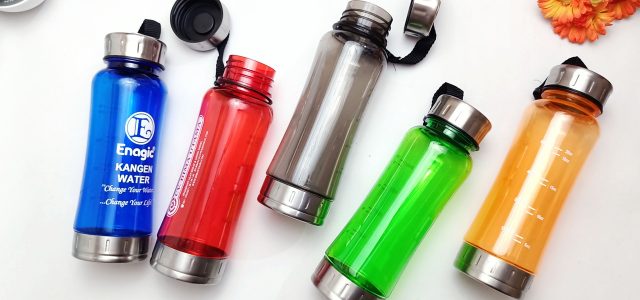
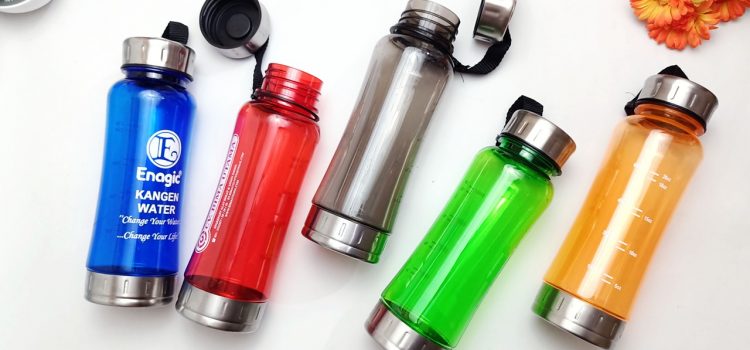
Summer Workout Hydration Tips
BlogCamps & ClinicsHealth & FitnessMulti-SportNews May 28, 2024 Lauren Keating 0

Summer is here and while we are all about longer days or sunshine, too much heat can harm health and performance as an athlete. Heat, humidity, and sun mixed with intense training increases the risk of dehydration and heat exhaustion. Staying on top of hydration is a must during summer workouts.
Hydration for Athletes
Youth athletes know the importance of hydration. Not only for general well-being and proper body function, water is needed to allow for muscle construction, for lubricating the joints, to prevent fatigue, and to regulate body temperature.
When not properly hydrated, the athlete’s performance and cognition function may become impaired.
It’s important to recognize the warning signs of dehydration. A general rule to go by is if you feel thirsty, you are already behind in staying on top of drinking enough water.
Signs of Dehydration include:
- Thirst
- Dry mouth
- Dark yellow urine
- Fatigue
- Dizziness or light-headedness
- Headache
- Muscle cramps
Heat Stroke Warning
Heat stroke is a serious condition that could be life-threatening. Athletes who train in the summer are at a higher risk, so it’s important to stay hydrated and replenish electrolytes during summer workouts.
Heat stroke occurs when the body overheats, unable to regulate temperature.
Signs of heat stroke include:
- Hot, dry, skin
- Nausea and Vomiting
- Flushed Skin
- Rapid Breathing
- Increased Heart Rate
- Confusion for alerted mental state
- A body temperature of 104 degrade F.
To prevent heat stroke, make sure to stay hydrated before, during, and after outdoor workouts. Take breaks and seek shade when available. Wear lightweight, breathable clothing that wicks away sweat, and avoid strenuous training during peak sun hours.
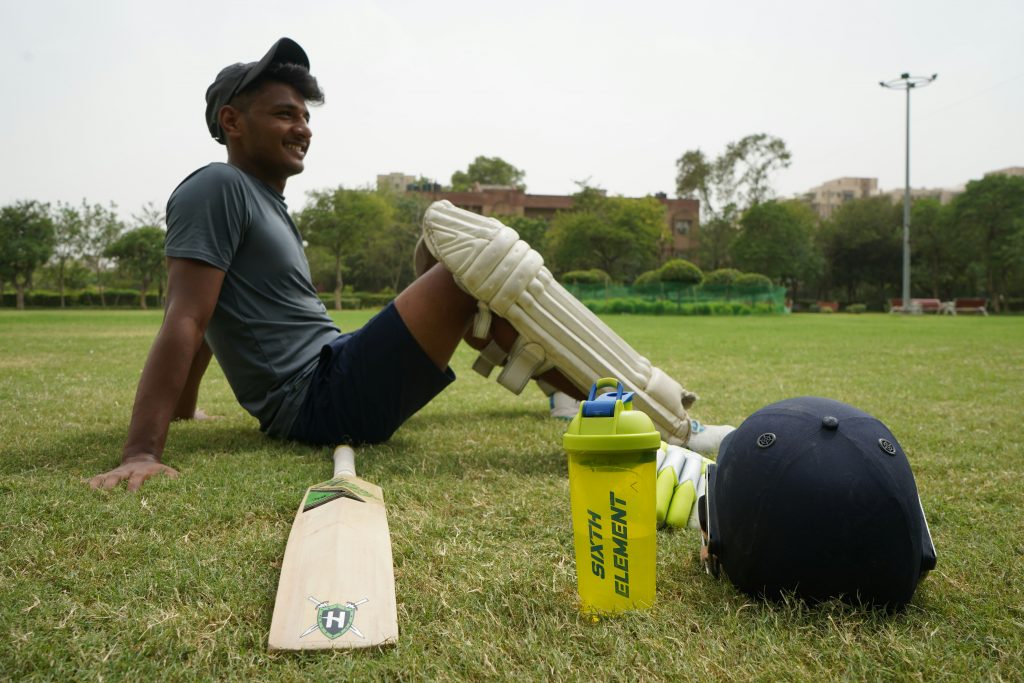
Photo by Yogendra Singh on Unsplash
Tips For Summer Workout Hydration
Drink Before Training
The best tip for staying hydrated during summer training is to make sure the athlete is drinking water before the workouts. According to the American Council on Exercise, you should be drinking 17-20 ounces of water two to three hours leading up to exercise. Make sure to drink about eight ounces of water 30 minutes before the workout.
Electrolytes And Sports Drinks
It’s important to drink enough water, but having a sports drink with electrolytes is also a great idea for those workouts in the heat. Electrolytes are minerals that aid keep the body—including both muscles and nerves— functioning. Electrolytes are lost via sweat caused by training, so replenishing them is important to stay hydrated.
Sports drinks are known to contain sodium, potassium, and other electrolytes as well as carbohydrates to refuel and replenish energy.
Tip: Bring an insulated water bottle with ice-cold water and a bottle filled with a sports drink to have ample hydration on hand during summer workouts.
Water Breaks
Take water breaks during summer training to stay hydrated. The National Athletic Trainers’ Association suggests drinking 7-10 ounces of water every 10-20 minutes during exercise.
Tip: Set a reminder on your phone or smartwatch to take a water break.
Hydration After A Workout
Once the workout is over, it’s important to keep drinking water. Drink at least 16-24 ounces of water afterward. Eating a healthy post-workout snack that is rich in water is also a great idea. These include watermelon, strawberries, oranges, or cucumbers.
Tip: Over-hydration is a possibility. This happens when too much water is consumed in a short time. This causes blood sodium levels to drop. It’s important to take small sips during workouts.
Other Ways To Stay Hydrated:
- Start your day by drinking a glass of water.
- Always have a reusable water bottle—like a Stanley cup—with you.
- Download a water reminder app to track water intake.
- Drinks water at snack and mealtimes instead of juice or soda.
Limit caffeine intake which can dehydrate. - Monitor urine color. If urine is a dark color, this is a sign of dehydration.
Conclusion
Hydration is a critical component of athletic performance and safety, especially during the hot summer months. By following these guidelines, youth athletes can ensure they stay properly hydrated, perform at their best, and enjoy a safe and productive summer of sports and activities.

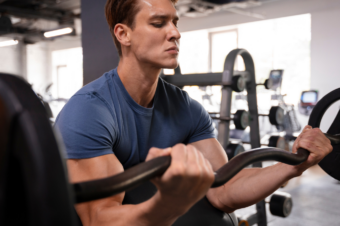
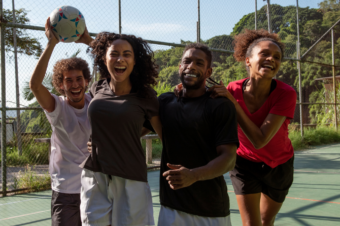
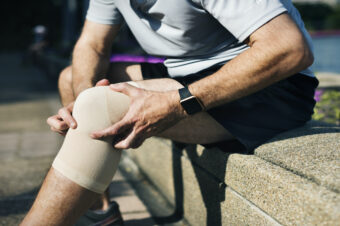
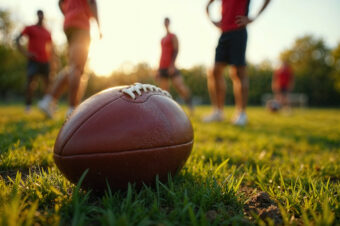


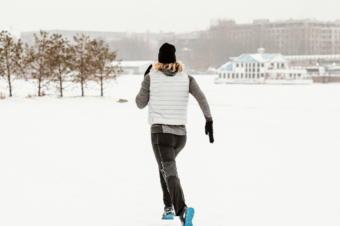

No comments so far.
Be first to leave comment below.